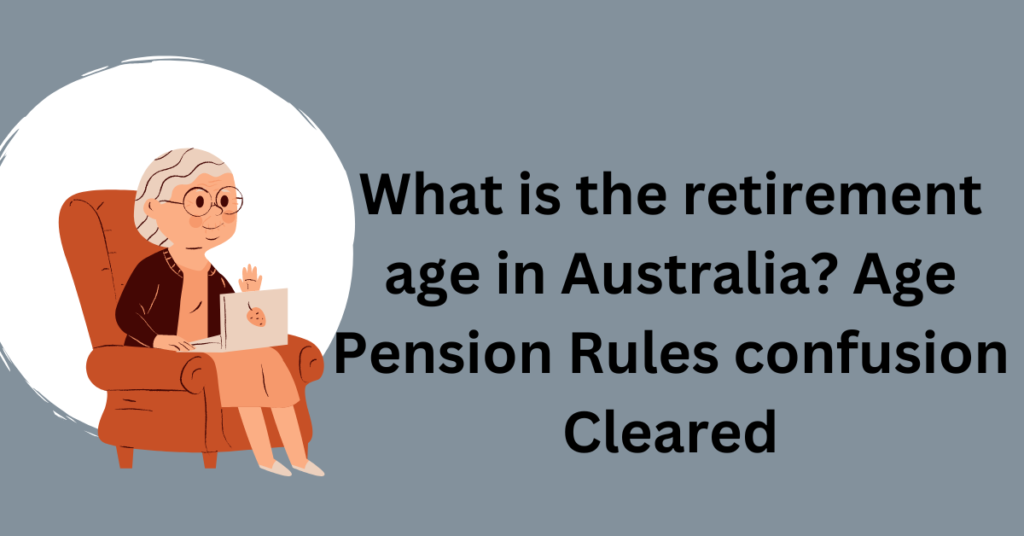Getting your Age Pension? Timing’s key. Superannuation? Rules vary. It’s all about knowing when. When to start. When to claim. When to access. With different ages and stages, it’s easy to mix up the facts. Let’s break it down and keep it clear.
Age Pension Age and Eligibility
- Age Pension Age: 67 years (for those born on or after 1 January 1957) and 66.5 years (for those born before).
- Residency Requirement: Must be an Australian resident for at least 10 years, including 5 recent years.
- Income and Asset Tests: Determine how much Age Pension you can receive based on your total income and assets.
| Eligibility Requirement | Details |
|---|---|
| Minimum Age | 67 years |
| Residency | 10 years (with 5 years recent) |
| Income & Asset Limits | Subject to tests based on financials |
Age Pension Payment Rates
- Singles Rate: $1,116.30 per fortnight.
- Couples Rate (combined): $1,682.80 per fortnight. (Effective from 20 March 2024)

Superannuation Preservation Age
The Preservation Age is the age at which you can access your superannuation if you have retired. It varies based on your birth year.
| Date of Birth | Preservation Age |
|---|---|
| Before 1 July 1960 | 55 |
| 1 July 1960 — 30 June 1961 | 56 |
| 1 July 1961 — 30 June 1962 | 57 |
| 1 July 1962 — 30 June 1963 | 58 |
| 1 July 1963 — 30 June 1964 | 59 |
| After 30 June 1964 | 60 |
Superannuation Withdrawal Options
Once you reach your preservation age or 65 (even if still working), you can choose how to access your super:
- Lump Sum
- Superannuation Pension
- Keep it invested in super
Summary of Key Age Requirements
| Category | Eligibility Age |
|---|---|
| Age Pension | 67 years |
| Superannuation Access | 55–60 years based on birth year |
| Home Equity Access Scheme | Age Pension age or older |
Understanding these ages will help you plan when you can start receiving your Age Pension and superannuation benefits.
Conclusion
Knowing your Age Pension and superannuation rules will save you from confusion later. The right age to claim can mean a world of difference. It’s not just about when you’re eligible it’s about making the most of your benefits. Planning ahead means fewer surprises, smoother transitions, and a more relaxed retirement.
